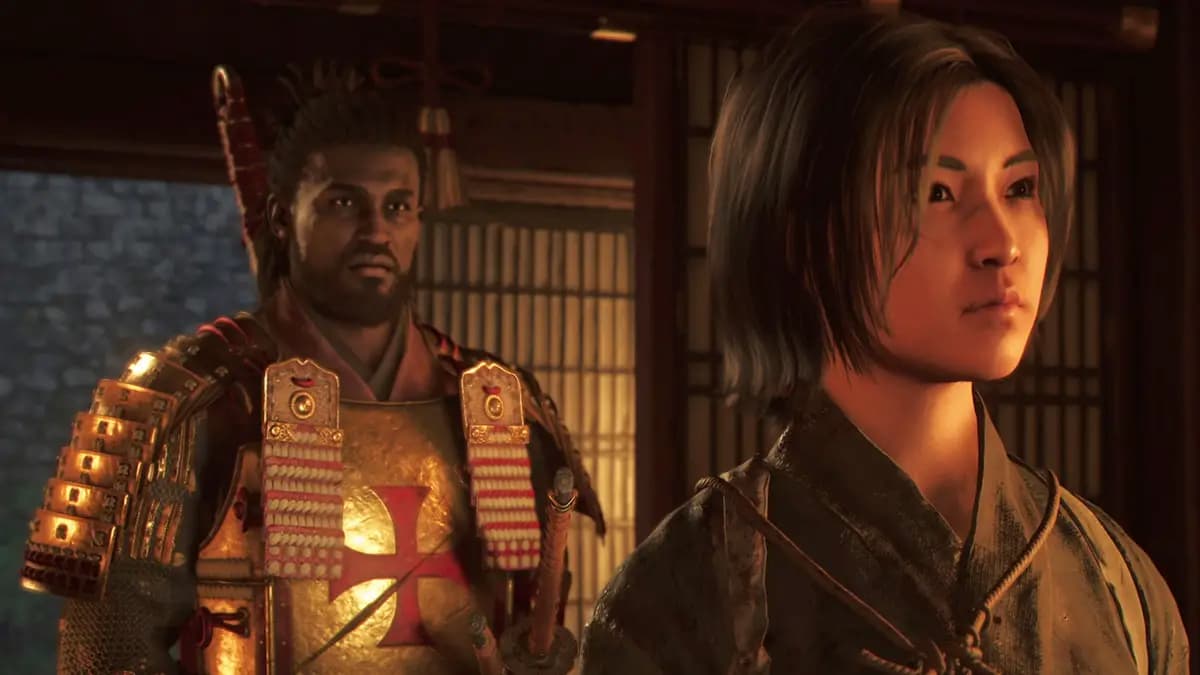
Every time an unheard of indie developer comes onto the scene touting a unique new title, my heart begins to warm. This is what the videogame industry used to be about, after all: A bunch of upstarts would release an utterly innovative game, and the rest of the industry would take notice. When The Escapist first got its hands on developer Renegade Kid’s Dementium: The Ward, the unfinished product looked surprisingly impressive. Who could help but to be excited for a spooky Nintendo DS survival/horror-FPS hybrid with fantastic visuals and atmospheric audio?
Once I actually got my hands on the game, however, it became clear that Dementium is just about as innovative and scary as being locked in a closet. But it’s not necessarily an abomination, either. The game pits you as some maybe-murderer who wakes up in a wheelchair in the most hellish hospital ever. You don’t know your identity and are given no real goal. Your first course of action is obvious, though: Get the hell out of this maze of blood-encrusted corridors before an acid-vomiting zombie eats you.
Dementium wears its Resident Evil, Sanitarium and Quake influences on it sleeve, for better or worse. The story elements tend to be derivative of any number of boring survival/horror plots. It’s disappointing that a title with such a solid look and spooky ambiance has a downright throwaway story.
You use the stylus and bottom screen of the DS to look around the dingy environs, a method which is at first extremely intuitive. The controls are similar to Metroid Prime: Hunters, but Dementium pulls them off with a little more polish. When you first receive a flashlight, it’s a treat to peer into the darkness. For some reason, though, without the flashlight you can only see about two meters in front of you.
This is cool during the exploration portions of the game, but absolutely horrid during combat sequences; enemies often come out of nowhere and attack from where you can’t see them. Couple this with the absurd limitation that you can’t hold a weapon and flashlight at the same time, and it becomes an annoying nightmare to battle certain enemies. This also keeps the game from being scary at all. Didn’t Renegade Kid play Doom 3?
Technically, Dementium is superb. The combat feels great when you have enough light to effectively target your enemies, and the game runs at a smooth 60 frames per second throughout. The environments are atmospheric, despite the fact they all look the same; expect to roam through countless indistinguishable hallways and offices. Moving from room to room breaks the atmosphere as well, since the screen cuts to a jarring black as you walk through doorways.
The music is dreary in all the right ways, and the sounds in the game, from the cries of monsters to the report of your weaponry, are quite crisp. Layered behind the music is an easy to disable heartbeat that adds a bit of tension to the action.
Dementium’s gameplay is where its most troubling faults begin to show themselves. The game is so linear as to be a series of line segments. The game features 16 chapters that take you through a series of identical-looking corridors, fighting the same five enemies the whole time. Level design becomes more varied later in the game, but it is often tedious to navigate around levels where every room looks the same.

Coupled with enemies that regenerate when you reenter an area, it is often wise to just run past hordes of enemies instead of fighting them. Health and ammo regenerate, as well, but it quickly becomes a chore to fight the same enemies in almost every room. Enemies can kill you with ease if you don’t approach them correctly, and often you can’t even see from where you are under attack. Deadly slugs that pervade throughout the game, for instance, often drop from above and circle under your feet, making them impossible to spot.
The exploration and puzzle-solving sequences of the game are uninspired at best. Most of the adventure elements of the game take place based on notes you find lying strewn about the hospital, and the quests tend to suffer from a bit too much key finding. Thankfully there is nothing here along the lines of “insert hawk crest into hawk crest receptacle,” but some of the puzzles remain a little preposterous.
(Minor non-essential spoilers ahead.) One early puzzle, for instance, asks you to play a certain melody on a demon baby piano, which left me baffled due to my absolute lack of technical musical knowledge. Two phone calls to a musically-inclined friend later, I realized that a shiny piece of paper lying on a chair outside the room in question showed me exactly what to do. Most puzzles in the game can be solved easily, if you find their corresponding shiny pieces of paper, eliminating much of the potential challenge and suspense. Not to mention the fact that there tend to be dozens of non-readable, non-shiny pieces of paper strewn about everywhere.
Perhaps the most frustrating aspect of Dementium is its save system: The game auto-saves as you move from room to room but kicks you back to the beginning of the chapter if you die. This design choice essentially punishes gamers for trying to stand and fight against groups of enemies that can quickly devastate you.
The game’s chapters range from two minutes up to 30 minutes in length, so it becomes supremely frustrating to die after a boss fight and have to replay a long level you just beat.
Dementium offers no multiplayer mode and virtually no replay value, so it’s difficult to recommend it to anyone except the most dedicated and patient survival/horror aficionados. FPS gamers will probably be bored and frustrated thanks to the game’s lack of variety and painful technical limitations, while adventure fans will ultimately be disappointed by the lack of rewarding exploration in the game. A derivative aesthetic and repetitive design mars what could have been an awesome debut for developer Renegade Kid.
But I must admit one thing: I’m eagerly looking forward to their follow-up.
Bottom line: Dementium: The Ward is the perfect surprise for survival/horror die-hards, but no one else.
Recommendation: Rent it.









![Suikoden I&II HD Remaster Gate Rune and Dunan Unification Wars is Nostalgia Done Right [Review]](https://www.escapistmagazine.com/wp-content/uploads/2025/03/Suikoden-III-HD-Remaster-Gate-Rune-and-Dunan-Unification-Wars-is-Nostalgia-Done-Right-Review.jpg?fit=1200%2C675)



Published: Jan 17, 2008 8:31 PM UTC